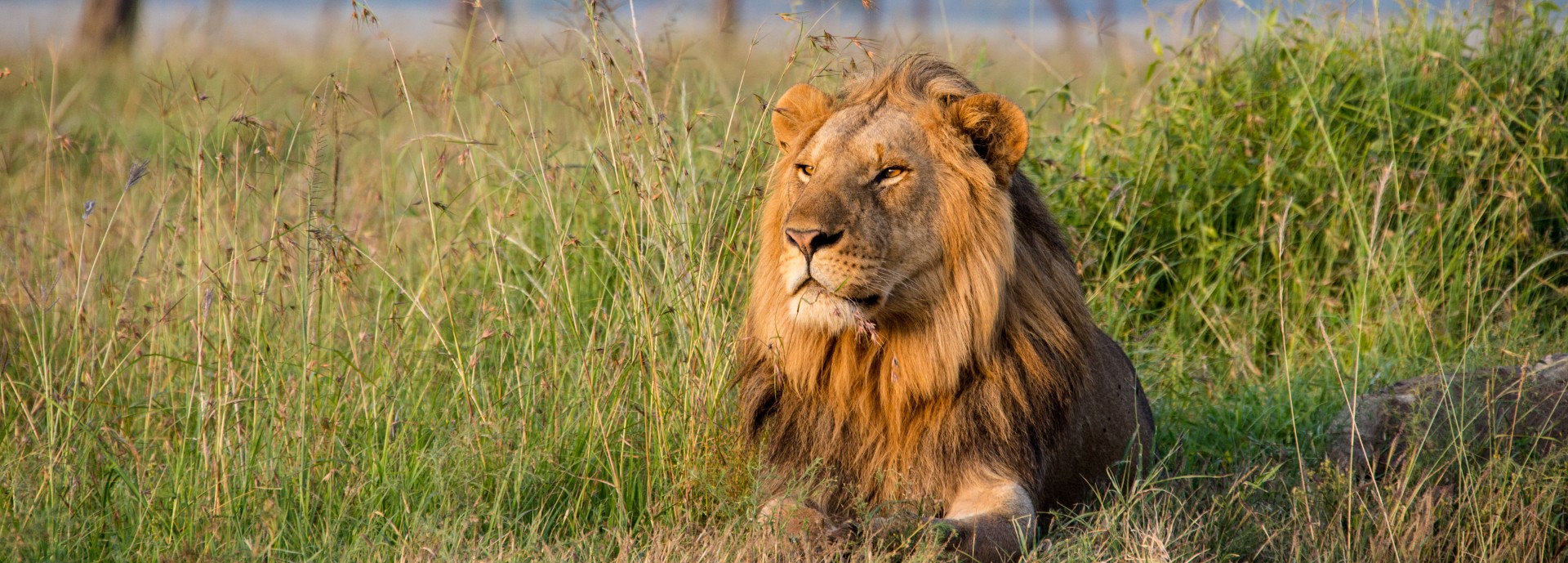Experts have outlined “compelling evidence” that suggests banning trophy hunting can negatively affect conservation – arguing that unregulated killings are far more prevalent in non-hunting zones.
More than 130 international scientists – including two from the University of Stirling – say that certain species, such as lions, do not fare well in areas where bans are enforced.
In a letter published in the journal Science, they say that, in African countries that do allow trophy hunting, “more land has been conserved than under National Parks”; and that regulated hunting has boosted wildlife populations globally, including those of rhinos, markhor, argali, bighorn sheep, and many African ungulates.
The authors acknowledge that, if poorly managed, trophy hunting can cause local population declines and admit that there is “considerable room for improvement”. However, they add: “Unless better land-use alternatives exist, hunting reforms – which have proved effective – should be prioritised over bans.”
Professor Nils Bunnefeld and Dr Jeremy Cusack, both of Stirling’s Faculty of Natural Sciences, are signatories on the letter. Stirling has been involved in interdisciplinary research related to trophy hunting for more than 10 years, with a focus on the complex link between social, economic and ecological dynamics and drivers when aiming to achieve sustainable trophy hunting.
-700x600.jpg)
Faculty of Natural Sciences
Trophy hunting is an emotional issue, but it is only through well-informed and unbiased decision-making that we can ensure wildlife populations and humans will coexist in the long-term.
Professor Bunnefeld said: “In order to make decisions on trophy hunting, we need to have a holistic view and assess the evidence from a variety of angles including social, economic and ecosystem perspective. Trophy hunting, when well managed, can have positive effects on both wildlife populations and people’s livelihoods.”
Dr Cusack added: “Robust science underpinning the management of trophy hunting is absolutely crucial. The tools used to support decision-making are constantly improving as we increase our understanding of wildlife responses, human behaviour and governance. Trophy hunting is an emotional issue, but it is only through well-informed and unbiased decision-making that we can ensure wildlife populations and humans will coexist in the long-term.”
There are high-profile campaigns to ban trophy hunting, with several governments having already legislated again it. Calls for such bans typically cite conservation concerns, however, the authors of the letter – led by the Department of Zoology at the University of Oxford – highlight evidence challenging this assumption.
They also argue that ending trophy hunting risks land conversion and biodiversity loss and that it can provide income for marginalised and impoverished rural communities.
The letter concludes: “Some people find trophy hunting repugnant (including many of us), but conservation policy that is not based on science threatens habitat and biodiversity and risks disempowering and impoverishing rural communities.”

